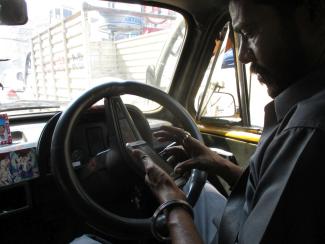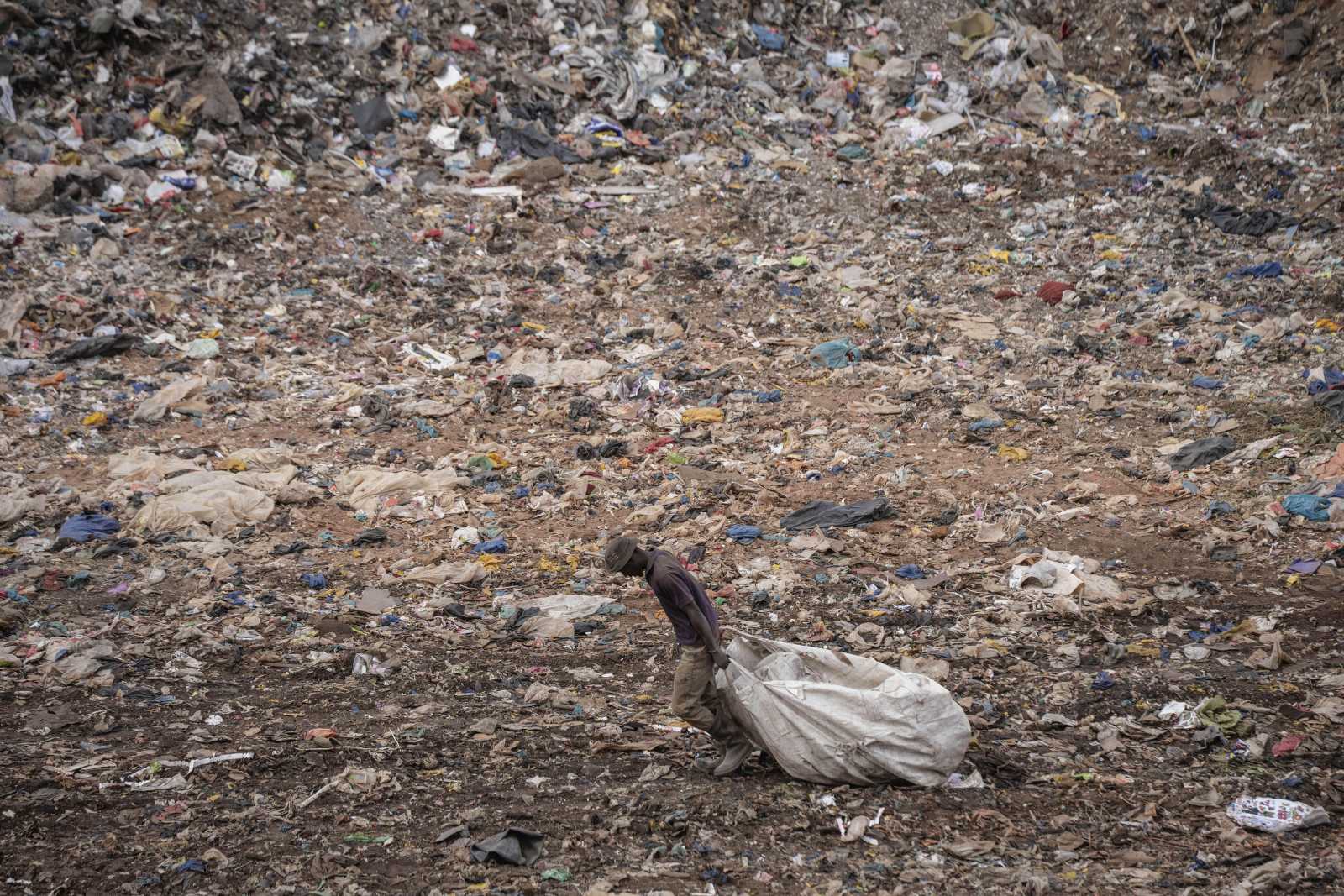Information technology
Digital forces and ethical challenges

India is currently witnessing a massive state-sponsored push for digitalisation, and whether or not every Indian welcomes it, it will shape the future in ways the vast majority does not yet imagine. The concerns, however, are around four “E”s: employment, entrepreneurship, economics and ethics:
- Machines are increasingly doing standard IT work. That puts India’s position as the global hub of IT outsourcing at risk. World-class business such as Infosys, Wipro or Tata Consulting expect harsh competition and must embrace artificial intelligence (AI) and other tech trends that are eroding their competitive advantage of low-cost staff with basic but not, necessarily, specialised IT skills.
- The upside is that new technology offers new opportunities. Accenture, the business consultancy, expects some 5,200 tech start-ups to burst upon the Indian scene with impacts on many sectors. Given that India is the world’s fastest-growing start-up ecosystem, they are likely to come up with innovations that will be significant and perhaps even transformational for India’s 1.2 billion citizens. AI looks promising in commercial agriculture, for example. The livelihoods of half of India’s people depend on farming (see box next page).
- The downside lies in the huge share of India’s economy that may be left behind. Many businesses simply cannot afford advanced technology. In the informal sector and smallholder agriculture, people are struggling at subsistence levels. The outlook of masses falling ever further behind is worrisome (see my essay in D+C/E+Z e-Paper 2017/10, p. 35). It does not help that the country lacks the infrastructure to make best use of IT everywhere.
- Another risk is even more sinister. AI has the ability to intrude into ordinary lives in frightening ways. Private data is likely to be shared indiscriminately with foreseeable abuse of power and widening social disparities. The question is whether India can provide leadership to counter these threats. Such leadership is needed at both national and global level, given that technology transcends borders.
Paul S. Triolo of the Eurasia Group, a policy consultancy, foresees India making a major positive difference in terms of ethics. He emphasises the country’s “traditions of democracy” and “sensitivity to diversity”. In his eyes, other factors should also contribute to “developing ethical AI algorithms and ensuring that AI is beneficial to broad numbers of people”.
That would certainly be desirable. The nation needs innovation that drives social development and it would make sense to use technology to reduce the strong stratification of society. Experts agree that this can be done though – with a caveat: social biases may be built into AI programmes, especially if algorithms are designed to replicate human behaviour. Many Indian institutions are known to discriminate against minorities and lower castes.
It adds to the worries that the most important databases are in the possession of rather few private-sector giants, including multinational ones. Obviously, these corporations also command most data-related expertise. Their databases can result in massive competitive advantages unless third parties get access to the information too. Data-intensive enterprises must, therefore, be regulated prudently.
It is of great concern that there is no convincing evidence of someone guaranteeing that IT applications are used to close disparities and boost opportunities for everyone in India. Instead, there is fear that technological superiority of selected companies is driving the central government. Moreover, instead of celebrating the nation’s diversity, it has lately been promoting Hindu supremacy with a bias towards the upper castes.
Violent attacks on members of minorities – especially, but not exclusively, Muslims – have become all too common. So has the harassment of civil-society activists and journalists who dare to criticise the Modi government (see Arfa Khanum Sherwani in D+C/E+Z e-Paper 2018/05, p. 36). In a shocking country-wide raid, five leading civil-rights activists – Arun Ferreira, Gautam Navlakha, Vernon Gonsalves, Sudha Bharadwaj and Varavara Rao – were arrested in August 2018.
On the business front, the current trends indicate a battle for monopolistic tech-superiority rather than social inclusiveness. Leading companies are making use of political networks to crowd out competitors. The focus is not on solving long-standing social problems but on securing short-term advantages to ensure long-term profits and lasting influence. In fact, the prime minister is using his good offices with global leaders to secure such benefits for the leading industrial coterie.
At the domestic level, a governmental programme called “Digital India” is promoting IT related issues. Its current annual budget has been doubled to the equivalent of $ 480 million. Investments are planned in various fields, including research, training and skill development, digital manufacturing, robotics, big data intelligence and so on. Given past experience, one is sceptical about the final outcome of these moves.
Debate on IT often revolves around employment. The fear of machines taking over repetitive jobs is valid, though India may actually gain jobs on balance. The international consultancy Gartner predicts that AI will create 2.3 million jobs in India by 2020 but eliminate 1.8 million in the same time. By 2025, the number of additional IT workers might even swell to 3 million, though Gartner warns that the people concerned will have to skill themselves. Currently, Gartner reckons that there are 4,000 IT job vacancies. These numbers may look big but they are small given that 12 million young people join the job market every year (see essay on the matter by Patrick Rüther et al. in D+C/E+Z 2018/10, p. 28).
What exactly is the perceived threat from AI? The 2018 UNDP India Skills Report estimates that 50 % of current economic activities could be automated to some extent, but only five percent can be fully automated. Thus the nature of many jobs is likely to change, while overall employment may not be threatened by complete automation at this stage. On the upside, AI can help to use all kinds of resources – commodities, human capital, funding – more efficiently. India’s financial sector, plagued by fraud and malfeasance, may profitably use AI as a gatekeeper.
It is also hoped that technology will improve conditions in public health and education. India desperately needs more doctors, nurses and teachers. Government figures show, for example, that there are about 200,000 vacancies in state-run elementary and secondary schools. The actual need is greater since many teachers lack proper training themselves. The shortage of professionally qualified teachers runs into several millions.
Only about a third of Indian youngsters go to secondary school, which means that two thirds of the young generation will almost certainly never work in IT. The low enrolment rate has a lot to do with the quality of teaching. Smart IT programmes might fill some of the gaps, with tutoring systems easing the country’s academic agony. In a similar sense, automated programmes might assist doctors, and robots might do nurses’ heavy lifting.
In the past, many Indians used to be technology averse, but that is changing with even remote villages embracing telecommunications. Today, mobile phones are a common sight. The foundation has thus been laid for new digital applications to spread fast. What will ultimately determine India’s success is not whether a handful of corporate investors become billionaires, but whether life becomes better for its vast majority.
Aditi Roy Ghatak is a free-lance business journalist based in Kolkata.
aroyghatak1956@gmail.com










